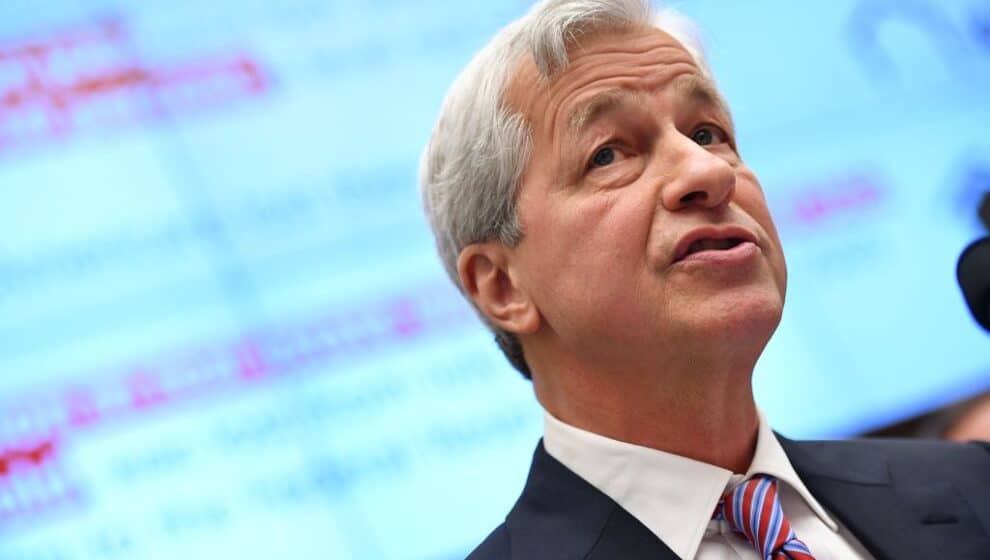Both JP Morgan CEO Jamie Dimon and Citadel head Ken Griffin have made emphatic statements about the power of an in-office work culture.
Key Details
- During the World Economic Forum held in Davos, Switzerland, last week, JP Morgan CEO Jamie Dimon said that remote work just “doesn’t work” for certain industries.
- Hedge fund firm Citadel recently reported a record-breaking profit for its clients during 2021. During an interview with Fortune, CEO Ken Griffin attributed the firm’s massive success, in part, to all of his employees working in the office full time.
- Industry leaders have more commonly expressed displeasure with remote work as businesses announce more layoffs and economic uncertainty makes workers more willing to return to the office for fear of losing their jobs.
Why it’s news
Dimon didn’t condemn remote work for every industry—just specific groups, especially among younger employees.
“It doesn’t work for young kids or spontaneity or management,” Dimon says. He later mentioned researching or coding fields, specifically saying, “There are jobs where it is reasonable.”
Dimon acknowledged that remote work could be beneficial in certain situations. He mentioned that remote work could help women looking to remain in the workforce as primary child care typically falls to them.
While Dimon has been among the most critical voices against remote work, other finance industry leaders have said that many of their employees are only in the office a few days a week.
Two weeks ago, Fortune interviewed Citadel’s Griffin and New York Mayor Eric Adams about Griffin’s decision to increase his office footprint in New York. In response, Griffin gave what he said was an important reason for Citadel’s recent success: His employees were all back in the office full-time.
Citigroup’s Jane Fraser has expressed support for the remote work model but has announced that low-performing employees will be asked to return to the office—establishing remote work as more of a privilege or reward than a right.
Fraser agreed during the Davos panel that younger workers could benefit from mentorship when working in person at the office.
“Apprenticeship is really important…. We do want people collaborating, and they do collaborate better together,” Fraser said. “But at the same time, we don’t have to go back to the ’80s model that sort of epitomized Wall Street, either.”
Hybrid models have become the most popular remote work setup. This allows the in-person office work that managers like to see while giving employees the flexibility they ask for. However, as layoff announcements make headlines each week, flexibility could become too much to ask for.
Financial industry giants like Goldman Sachs, Bank of America, and Morgan Stanley have announced cost-saving measures. Employers who don’t like the remote work setup could have more leverage to convince employees to return to the office.
